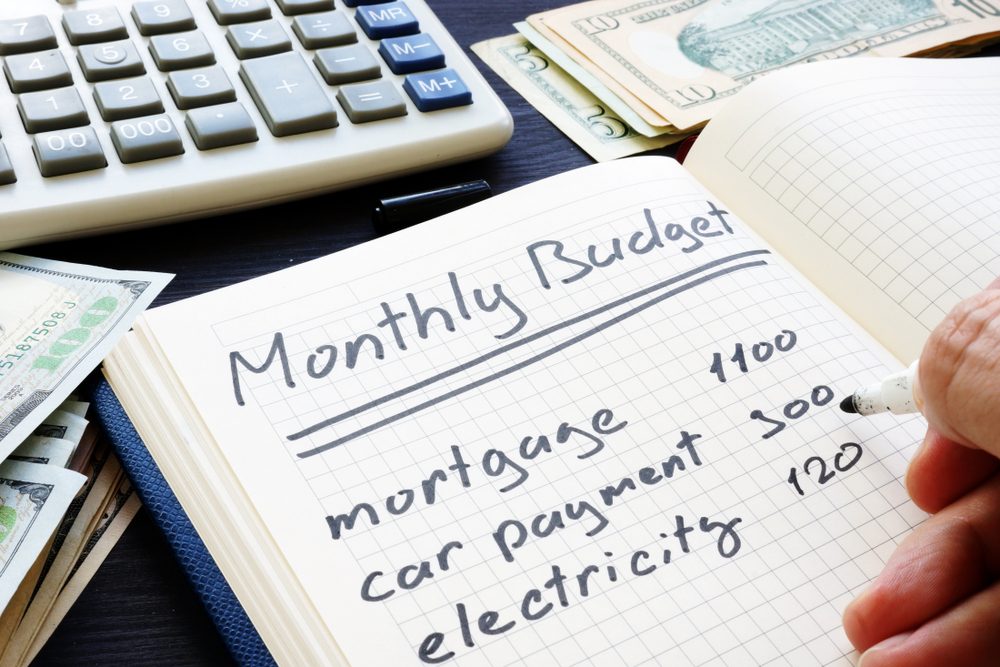If you’re facing the challenge of overwhelming mortgage debt, it’s crucial to understand your options for managing it.
By mid-2022, the average American household carried a debt load of $101,915, with mortgage debt being a significant contributor. To learn more about the causes and consequences of mortgage debt, as well as effective strategies for managing it
If you’re seeking in-depth knowledge on the causes and consequences of mortgage debt, along with practical strategies for effective management.

Causes of Mortgage Debt
The number one cause of mortgage debt is high housing prices. Unfortunately for home buyers, the housing market has been volatile for several years. Fluctuating demand, rapidly rising interest rates, and inflationary pressures have all increased mortgage debt for the average homebuyer in America.
More common causes of old apartment debt or mortgage debt are poor financial management, a lack of income, or a sudden loss of employment. These financial shifts can increase a homeowner’s or renter’s debt load very quickly.
Predatory lending is another problem, so you’ll want to do your due diligence when you initially seek out a mortgage loan.

Consequences of Mortgage Debt

When you start struggling with mortgage debt, the immediate consequences are experiencing financial stress and insecurity. Not only will you feel the financial pinch, but you could also start to face foreclosure efforts, too. If your debt gets reported to credit agencies, then your credit score will also take a hit.
With a reduced credit score, you could face limited housing and borrowing opportunities in the future.
To help prevent these consequences, you need to address your debt with your landlord as soon as possible and come up with strategies for managing and paying down your debt.
Strategies for Managing Mortgage Debt
When you start struggling with mortgage debt, the immediate consequences are experiencing financial stress and insecurity. Not only will you feel the financial pinch, but you could also start to face foreclosure efforts, too. If your debt gets reported to credit agencies, then your credit score will also take a hit.
With a reduced credit score, you could face limited housing and borrowing opportunities in the future.
To help prevent these consequences, you need to address your debt with your landlord as soon as possible and come up with strategies for managing and paying down your debt.

Reducing Mortgage Debt

Once you’ve done so, if you find you still have too much debt, you need to consider your options. A debt consolidation mortgage can help you pay off other debts you own so that you can focus more of your income towards your mortgage. A home loan consolidation can help you target your mortgage debt more effectively.
A mortgage consolidation loan is beneficial for both you and your lender. Debt consolidation is effective because it helps you feel less overwhelmed by multiple debts. A debt consolidation mortgage also helps the mortgage provider because they have more assurance that you’ll be able to handle your future payments.
You could also consider negotiating with your mortgage lender. Consider writing a settlement letter outlining a plan on how you can pay off your debt in exchange for a reduction in the overall debt burden.
To learn more strategies for dealing with mortgage debt, contact our agents here at United Debt Settlement.


